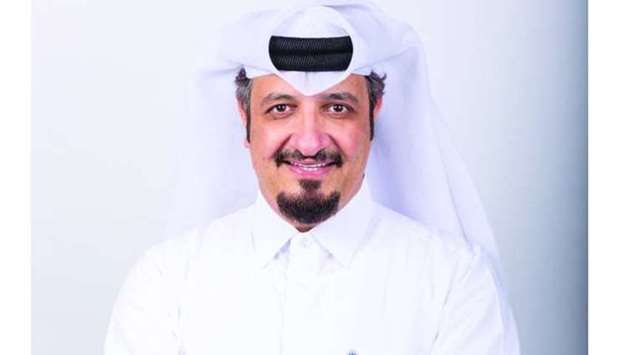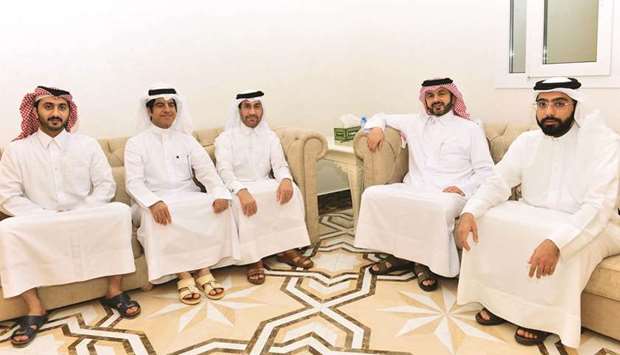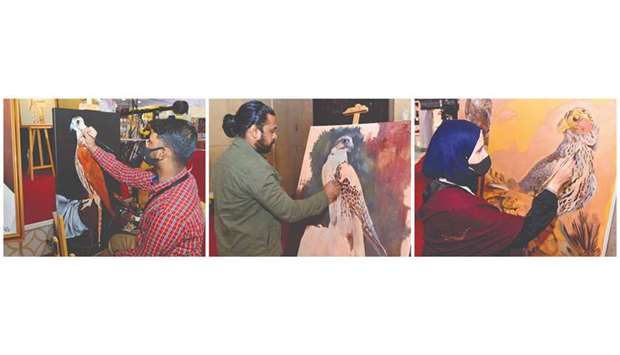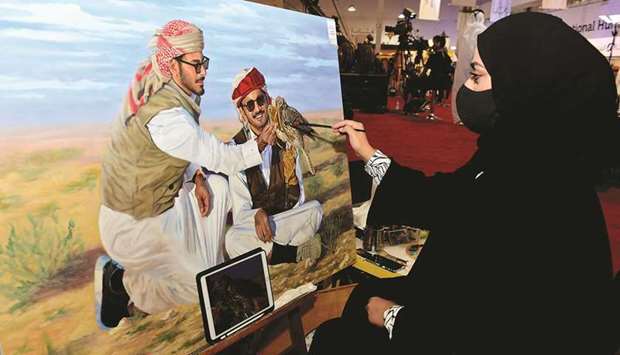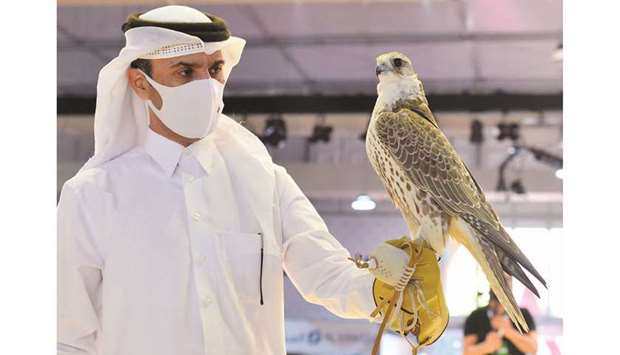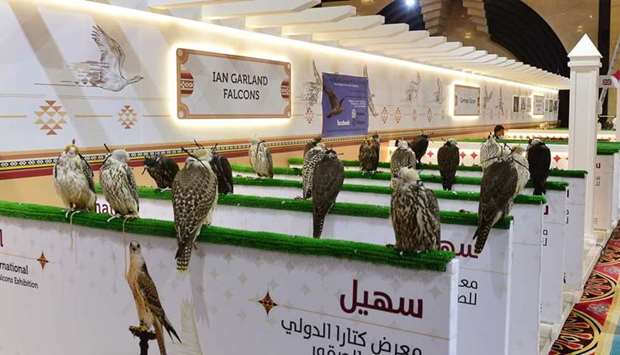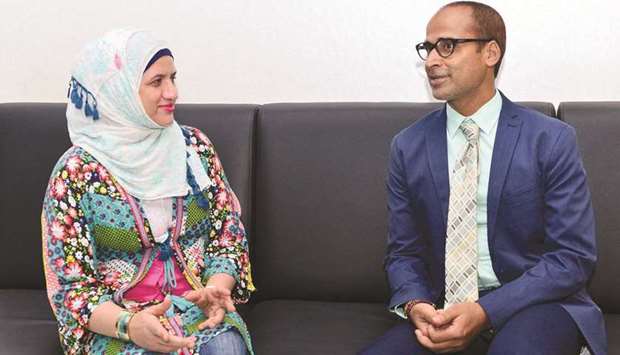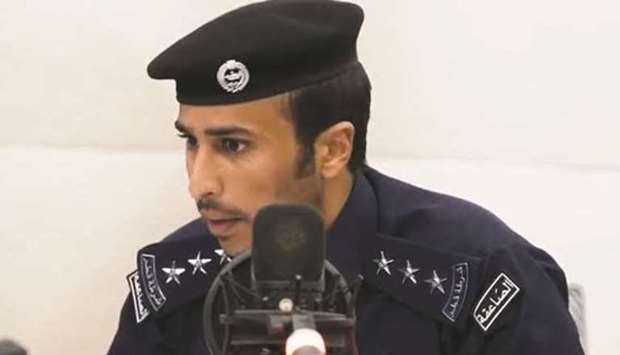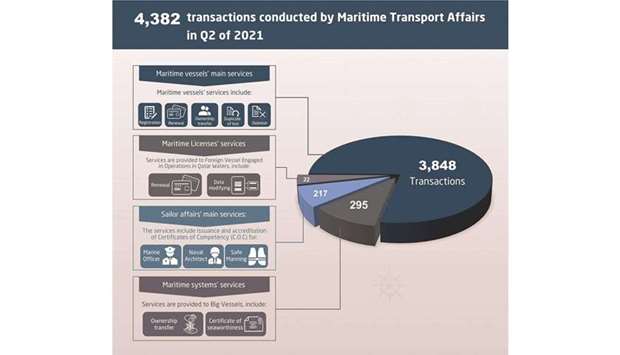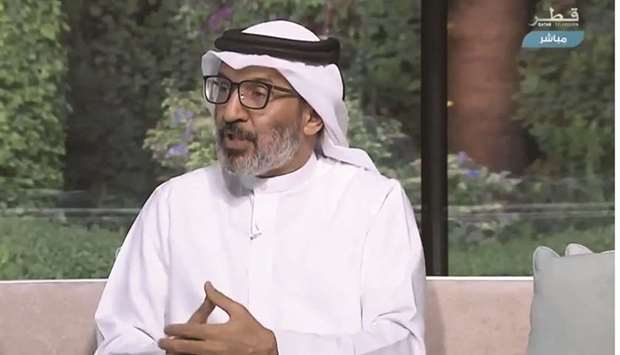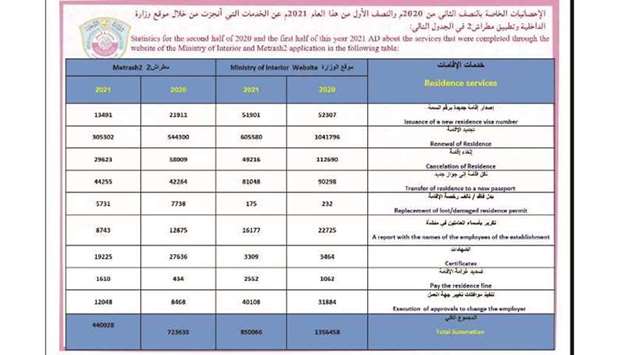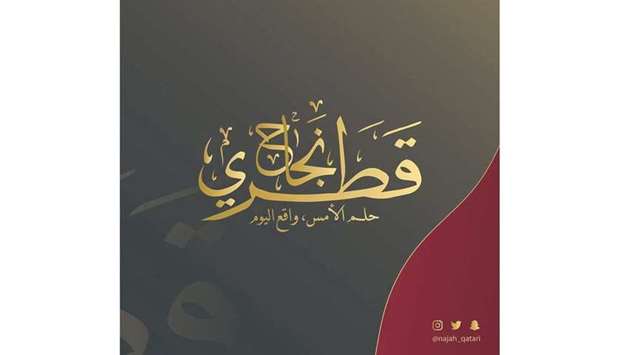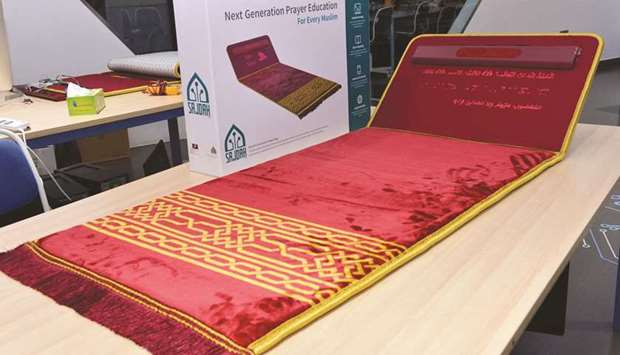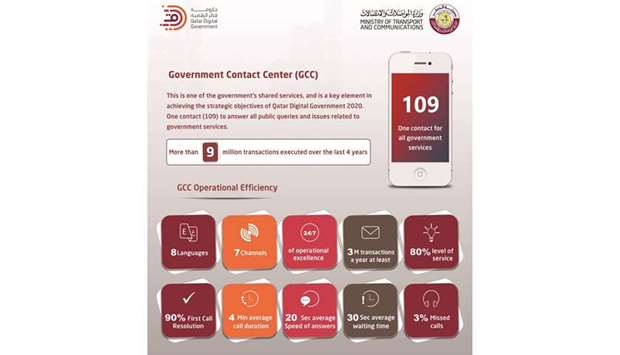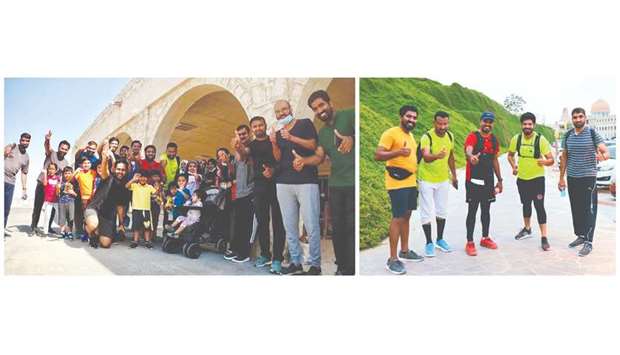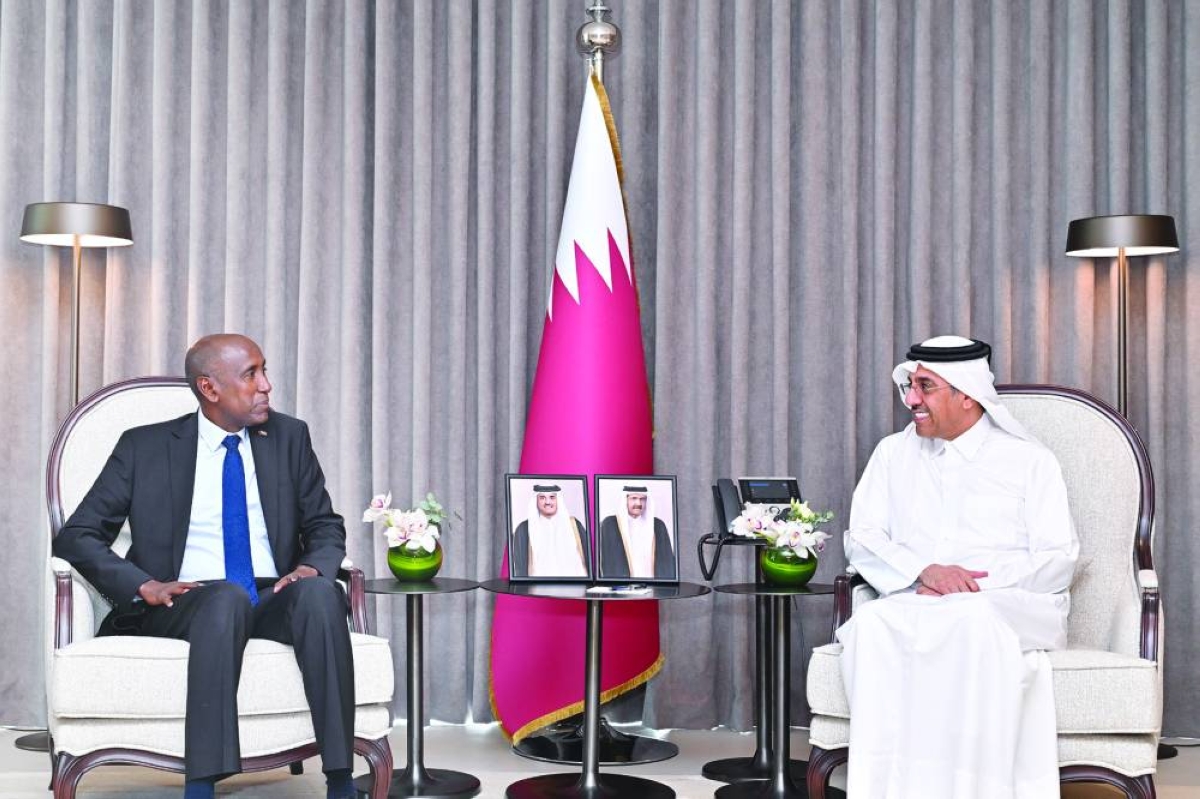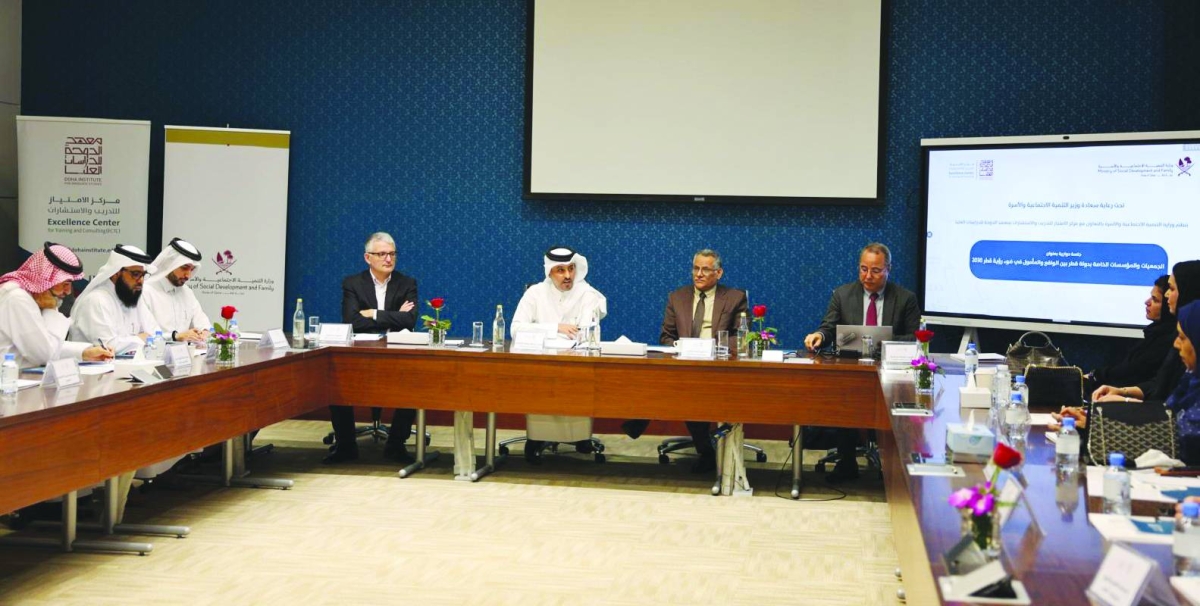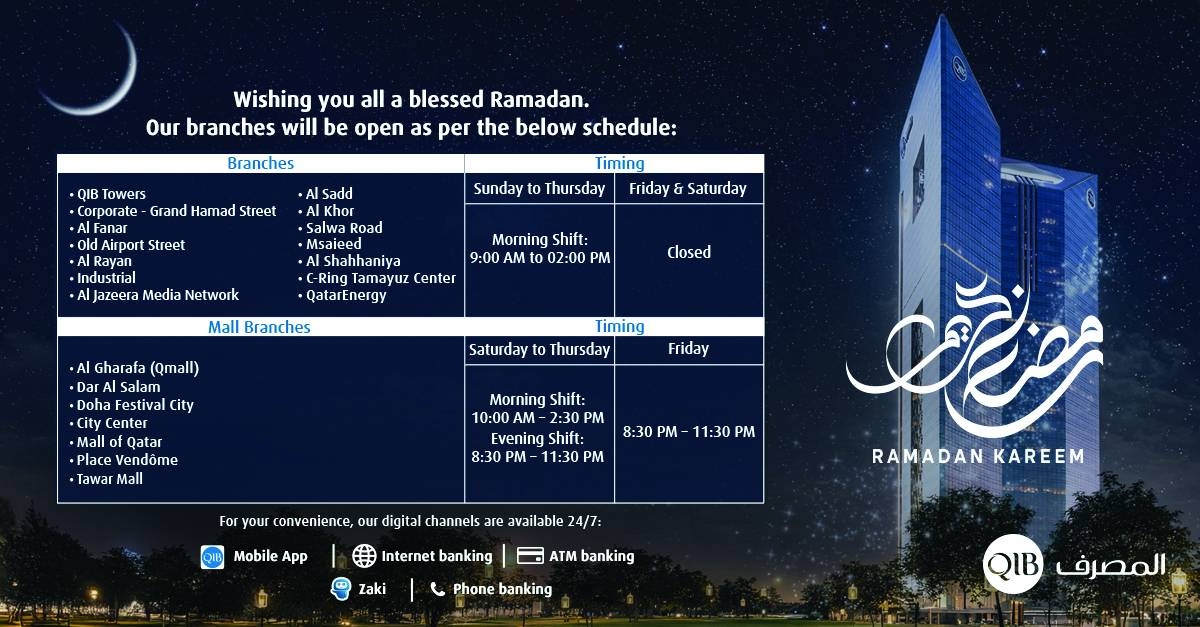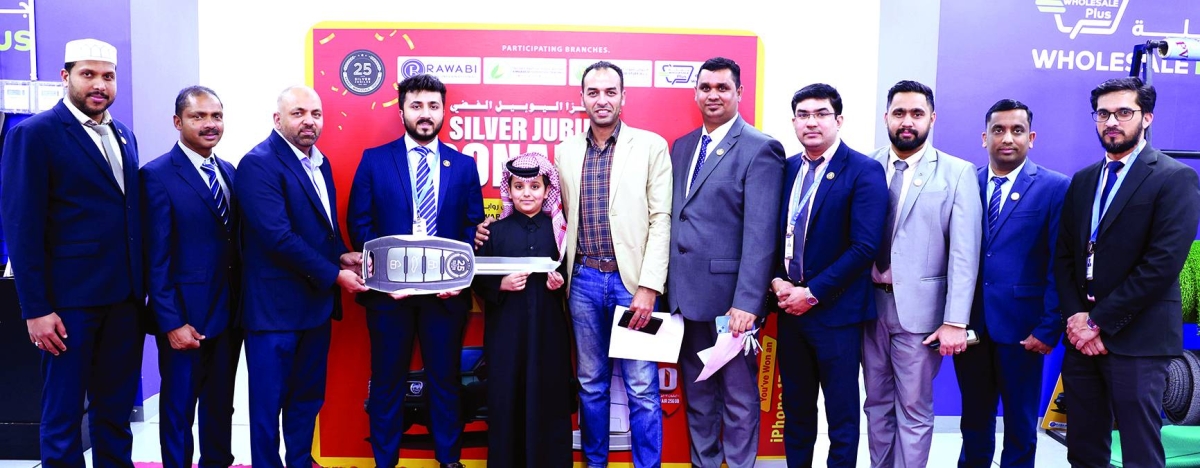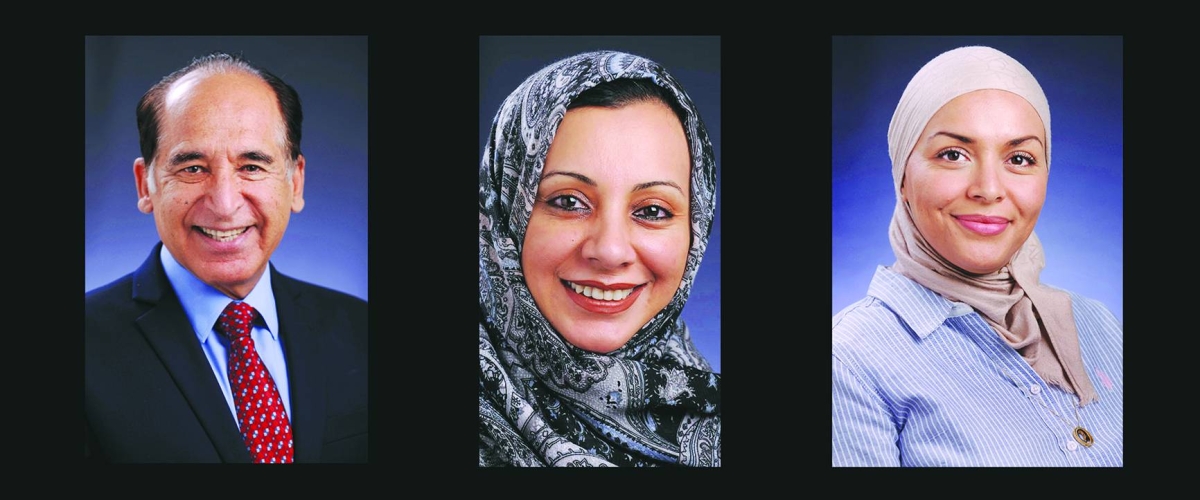Qatari journalist Hassan Ali Yusef al-Saie, a candidate from Constituency 7, Al-Jasra, for the Shura Council election, has pledged to work for the country's development while focusing on ensuring equal rights, legal reform, education and community development. “My prime focus is on legal reforms because it’s the basis of all, including development and prosperity. I will work for the legal reforms in line with the need of the time. The focus includes reviewing and reformulating laws, cancelling articles, developing articles and creating laws, in line with the spirit of the current era,” he told Gulf Times. When al-Saie wanted to set topics for his electoral programme for the Shura Council, he found that all of these axes revolve around the axis of legislation, which is the foundation. He stated he will strive for equal rights of Qataris and realisation of Qatar’s vision while contributing to the country to achieve greater welfare of its people. “I am committed to promote societal sustainability and to demand the rights of Qataris equally, in a way that contributes to building and strengthening Qatar National Vision 2030,” he said. Also, al-Saie is focusing on the reforms and development in the educational and media sectors. He has envisioned to establish a private entity for the employment of Qataris “There are many challenges and pending topics that need attention. These include various concerns and demands of the citizens,” he said. Al-Saie’s manifesto proposes a cohesive, organised and thriving Qatari society with equal rights. It underlines working for the welfare of retired persons, employment of Qataris while covering topics on cost of living and housing. “If I am elected to the Shura Council, I will work on developing and promoting media work in all ways, which is one of our main concerns,” he said, while emphasising the freedom of the media which is committed to the issues of the country in order to make sure that a clear picture reaches the decision-makers. He said that his work and experience as a journalist has brought him closer to the citizens and residents alike while giving a better idea about the demands and issues. “When I was communicating with officials to solve some problems, the law always stood in the way of solving them and this has emerged to be a big problem that seeks our attention and intervention,” he said. Al-Saie decided to contest the election after he was driven by his desire to convey all the problems to the members of the Shura Council, and to ask them to find solutions because they disrupt the citizens and the residents while impeding Qatar’s development. "Any law that causes harm to others must be changed or amended," he added.

Shafeeq Alingal
Shafeeq Alingal is a Staff Reporter with Gulf Times. He has mainstream media experience of twelve years. Health, environment and wildlife are among his specialties.
Most Read Stories

